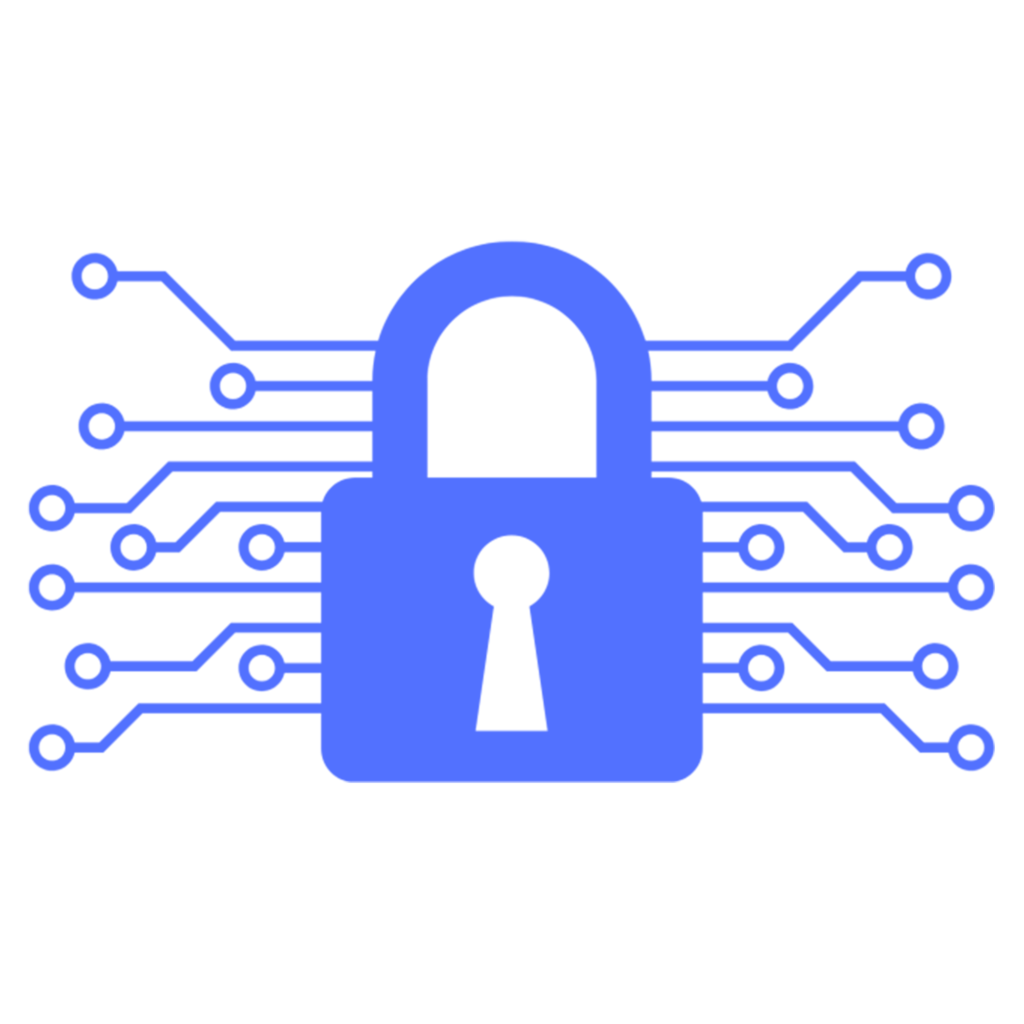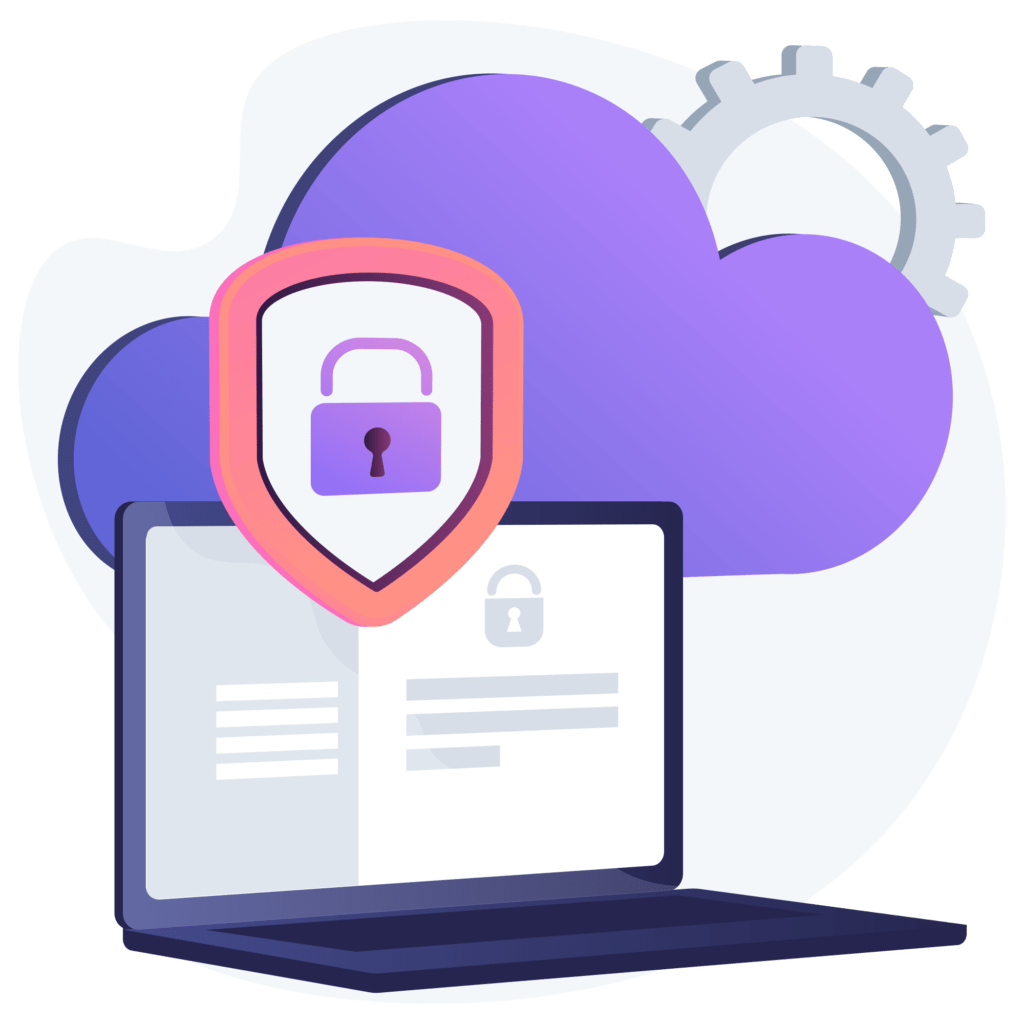
Our Vision
Cyber / Information Security
Cybersecurity protects internet-connected and internally connected systems, including hardware, software, and data, from cyberattacks. Provide Security & Governance advisory services and performs Penetration testing.
Cybersecurity is the protection of internet-connected and internally connected systems, including hardware, software, and data, from cyberattacks. In a computing context, security encompasses cybersecurity and physical security — both are used by enterprises to protect against unauthorized access to data centers and other computerized systems. ‘Cyber risk’ means any risk of financial loss, disruption, or damage to the reputation of an organization from some sort of failure of its information technology systems.
Organizations must integrate ‘cyber risk management’ into day-to-day operations. Additionally, a company must be prepared to respond to the inevitable cyber incident, restore normal operations and ensure that company assets and the company’s reputation are protected.
Organizations must integrate ‘cyber risk management’ into day-to-day operations. Additionally, a company must be prepared to respond to the inevitable cyber incident, restore normal operations and ensure that company assets and the company’s reputation are protected.
IT Security Assessment & Risk Management
A security risk assessment identifies, assesses, and implements key security controls in applications. It also focuses on preventing application security defects and vulnerabilities. Carrying out a risk assessment allows an organization to view the application portfolio holistically—from an attacker’s perspective.
A security risk assessment identifies, assesses, and implements key security controls in applications. It also focuses on preventing application security defects and vulnerabilities. Carrying out a risk assessment allows an organization to view the application portfolio holistically—from an attacker’s perspective.
Our Cybersecurity services
- IT Security Assessment & Risk Management
- IT Cloud security & Governance
- IT Security Penetration testing

Identify the risk
- Assets
- Scope
- Process Requirements
- Governance issues
- Strategic direction
- Operational Priorities

Assess risk
- Risk Assessment
- Risk Ratings Matrix
- Impact Analysis
- Process Enhancement
- Requirements Specification
- Risk Management

Control the risk
- Preventive controls
- Risk mitigation controls
- Controls frameworks
- BCM planning
- Process planning

Review the risk
- Preventive controls
- Risk mitigation controls
- Controls frameworks
- BCM planning
- Process planning

IT Security Penetration Testing
Penetration testing is an authorized method to simulate an attack performed on a computer system to evaluate its security. Our industry-certified penetration testers use sophisticated tools, techniques, and processes as attackers to find and demonstrate the business impacts of weaknesses in a system that could impact a business and its clients. This assessment would demonstrate whether a system is robust enough to withstand attacks from authenticated and unauthenticated positions, as well as a range of system roles. With the right scope defined, Pen testing can help an organization
- Find weaknesses in systems.
- Assess and determine the robustness of controls implemented.
- Provide qualitative and quantitative data on current security posture and budget priorities for management.
Pen Testers use both Manual and Automated way of Testing
Manual pen testing
Automated testing generates results faster and needs fewer specialized professionals than a fully manual pen testing process. Automated testing tools track results automatically and can sometimes export them to a centralized reporting platform.
Automated testing
Manual pen testing is a key element to uncovering vulnerabilities and weaknesses and tests business logic that automated testing can overlook (e.g., data validation and integrity checks). A manual pen tester can also help identify false positives reported by automated testing. Because pen testers are experts who think like adversaries, they can analyze data to target their attacks and test systems and websites in ways automated testing solutions cannot.


What is White box vs black box vs grey box pen testing
Black box penetration testing
In a black box penetration test, no information is provided to the tester. In this instance, the pen tester follows an unprivileged attacker’s approach, from initial access and execution to exploitation. This scenario can be seen as the most authentic, demonstrating how an adversary with no inside knowledge would target and compromise an organization.
Grey box penetration testing
In a grey box penetration test, also known as a translucent box test (only limited information is shared with the tester). Usually, this takes the form of login credentials. Grey box testing helps understand the level of access a privileged user could gain and the potential damage they could cause. Grey box tests strike a balance between depth and efficiency and can simulate either an insider threat or an attack that has breached the network perimeter.
White box penetration testing
White box penetration testing, sometimes called crystal or oblique box pen testing, involves sharing full network and system information with the tester, including network maps and credentials. This helps to save time and reduce the overall cost of an engagement. A white box penetration test is useful for simulating a targeted attack on a specific system utilizing as many attack vectors as possible.
Our Pen Testing Offers

01
Basics
Includes automated scans and manual testing to identify high-risk vulnerabilities in web applications and web services. Focuses on exploratory risk analysis (e.g., anti-automation, complex authentication).

02
Standard
Essential Service plus business logic testing, which covers attacks outside a canned list or that may not have been considered otherwise (e.g., business logic data validation and integrity checks). Includes a manual review to identify false positives and a read-out call to explain findings.
OUR OFFERING
IT Cloud security & Governance
Want to perform information / cybersecurity assessment & risk management,
THIS IS WHAT YOU CAN EXPECT:
THIS IS WHAT YOU CAN EXPECT:
- Share your contact us here; one of our team members will reach out to you and understand the scope.
- We will work out a schedule that works for everyone involved; to go over the scope, timelines, and estimated price.
- Rules of engagement will be set that meet the goals that are agreed. As work is being conducted, we will be sure to keep you informed every step of the way.
- A report will be created that informs you as to what was discovered and what we suggest to correct any issues.
- We will work with you to make sure you understand the results and have the knowledge needed to take any actions that you may need to take.


The speed and scale at which resources can be deployed in the cloud makes it virtually impossible to enforce security governance in cloud computing manually. The key is to leverage automation tools like MRADAR360 that monitors compliance with the policies and industry best practices to prevent users from operating outside policy guardrails.
SECURITY ADVISORY SERVICES:
IT Cloud security & Governance
Cloud security governance refers to the management model that facilitates effective and efficient security management and operations in the cloud environment so that an enterprise’s business targets are achieved.
The speed and scale at which resources can be deployed in the cloud makes it virtually impossible to enforce security governance in cloud computing manually. The key is to leverage automation tools like MRADAR360 that monitors compliance with the policies and industry best practices to prevent users from operating outside policy guardrails.
- Cloud security governance refers to the management model that facilitates effective and efficient security management and operations in the cloud environment so that an enterprise’s business targets are achieved.











